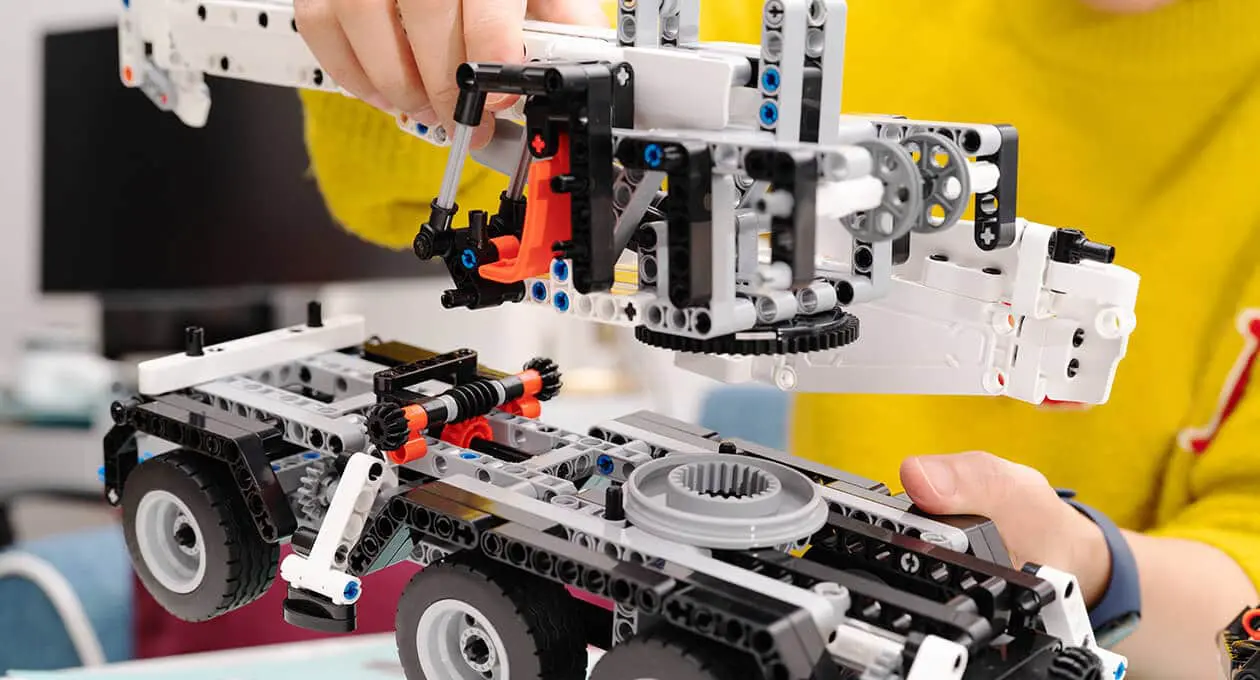Mechatronics Engineering is a relatively new and emerging discipline. In the past, machines required a team of three specialized engineers (electrical, programming, and mechanical) to ensure the smooth operation of the production process. Most companies faced difficulties due to a lack of understanding among team members who were not familiar with each other’s engineering programs, negatively affecting production and delaying maintenance and problem-solving processes.
Japanese companies recognized this issue and initiated a new generation of engineers under the name of Mechatronics Engineering, a comprehensive specialty encompassing all three engineering sciences (mechanics, electricity, programming). A graduate in this field studies these three sciences in depth to be fully capable of handling any machine, understanding all its components and operating systems comprehensively, and being trained and equipped to professionally and efficiently address any issues with minimal cost.
Importance of Mechatronics Engineering
Mechatronics Engineering plays a significant role in factories and companies, contributing importantly to the smooth continuation of production processes. A mechatronics engineer monitors machine performance, repairs serious faults, and acts as a liaison between electrical, programming, and mechanical engineers, overseeing technicians. A mechatronics engineer can also replace any engineer from the three engineering branches.
The study duration for a Bachelor’s degree in Mechatronics Engineering is four years. The curriculum in most Turkish universities includes a variety of study programs, though it can vary from one university to another. Students must verify the curriculum (Course Description) on the university’s website where they wish to enroll.
Curriculum for Mechatronics Engineering
First Academic Year:
- Introduction to Programming and Mathematics.
- Introduction to Mechatronics.
- Physics.
- Algebra.
- Computer Science
Second Academic Year:
- Fundamentals of Electrical Circuits and Electronic Devices.
- Differential Equations.
- Introduction to Mechanical Engineering.
- Systems and Signals.
- Industrial Techniques and Technologies.
Third Academic Year:
- Learning the Digital Method for Engineers.
- Various Statistical Studies.
- Non-technical Aspects of Engineering.
- Advanced Studies in Mechanical Systems.
- Advanced Studies in Control Systems and Microcontrollers.
Fourth Academic Year:
- Designing Mechatronics Systems and working on the graduation project, practically applying all theoretical subjects to an electronic device.
Turkish universities usually provide practical training for their students in Mechatronics Engineering on-campus or off-campus during the third and fourth years before graduation to ensure students are well-prepared and qualified for job opportunities in various factories and institutions.
Career Prospects for Graduates of Mechatronics Engineering
- Quality and Production Departments
- Supervision and Monitoring of Technicians in Manufacturing Departments
- Maintenance and Development of Various Machines and Devices
- Innovation in Modern Electronics and Development of Control Systems




